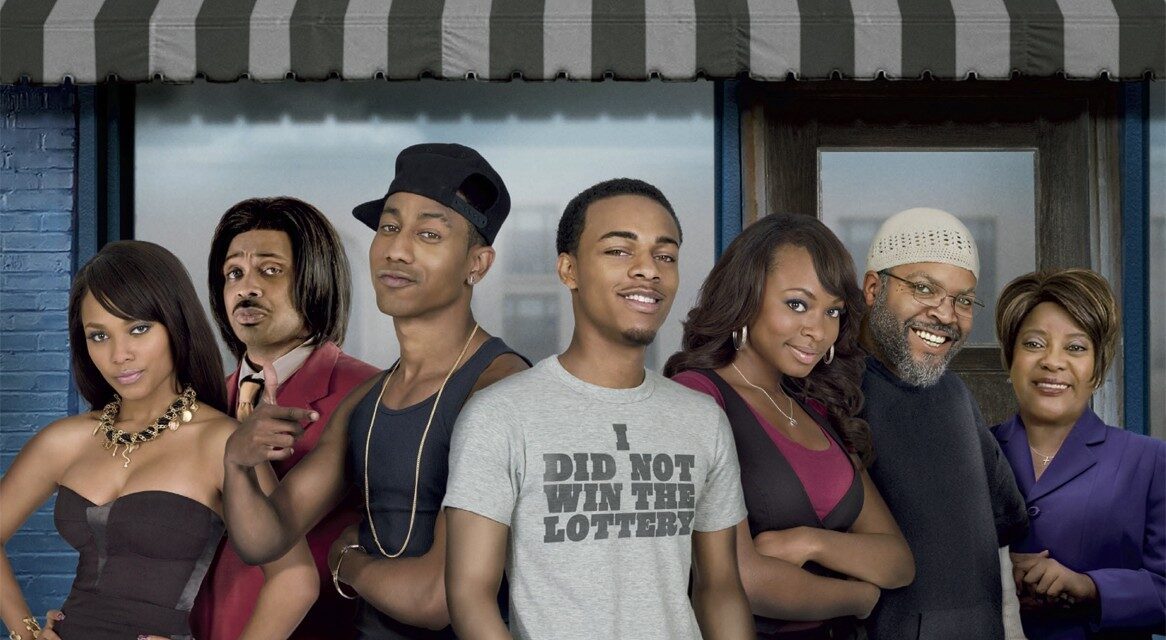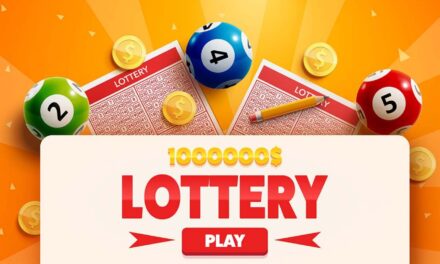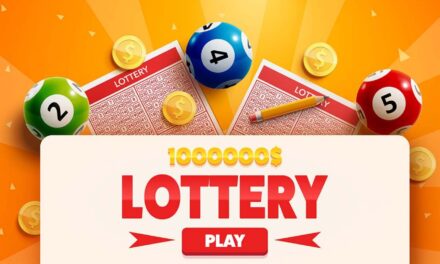State lotteries are often seen as a fun way to dream big. With every ticket purchased, players envision their lives changing forever. But have you ever wondered where that money really goes? The funds from these games play a significant role in supporting public programs across the nation. Let’s explore how state lotteries contribute to society and what happens to your hard-earned dollars
Jackpot Dreams: Unraveling the Lottery’s Hidden Treasures!
When someone hits the jackpot, it’s a life-altering event. That windfall sparks dreams of travel, new homes, and financial freedom. However, behind the glitz and glamour of winning lies a deeper story about how state lotteries contribute to public welfare. Each ticket sold doesn’t just represent a chance at riches; it’s also a source of funding for essential services.
Many states allocate a significant chunk of lottery revenue to education. From K-12 schools to state universities, these funds help finance everything from teacher salaries to scholarships. In some states, lottery revenues even help reduce the tax burden on citizens. Instead of relying solely on property taxes, communities benefit from the lottery’s contribution, making education more accessible.
Moreover, state lotteries often support various public health initiatives. Your ticket purchases can help fund addiction recovery programs, mental health services, and even public health campaigns. The charm of winning can mask the reality that these funds go toward improving the lives of countless individuals. A portion of every ticket sold is a step toward a healthier, more educated society.
From Tickets to Tubs: How Your Win Fuels Public Goodies!
When you buy a lottery ticket, you’re not just buying a chance; you’re investing in your community. It’s easy to overlook the positive impact of these funds. Each dollar spent helps support local parks, infrastructure projects, and even arts programs. The results are visible everywhere—from better playgrounds to vibrant community centers.
States often report that a significant percentage of lottery revenue goes directly to education. However, it’s not just about schools. These funds also enhance libraries, vocational training programs, and early childhood education initiatives. When communities thrive, everyone benefits. The ripple effect of lottery funding can be seen in the growth of local economies and the enrichment of cultural life.
But it’s not all sunshine and rainbows. Critics argue that lotteries can disproportionately affect lower-income individuals. While it’s true that the excitement of a big win can attract a diverse crowd, the reality is sobering. Responsible gaming and outreach programs funded by lottery revenue aim to address these concerns, ensuring that the focus remains on community well-being.
Understanding where state lottery funds go reveals a treasure trove of community support. While the dream of hitting the jackpot is enticing, the real winners are often the public programs that uplift society as a whole. So, next time you buy a ticket, remember—you’re not just playing for yourself; you’re contributing to a brighter future for everyone!





